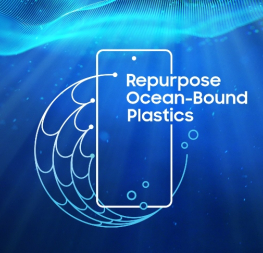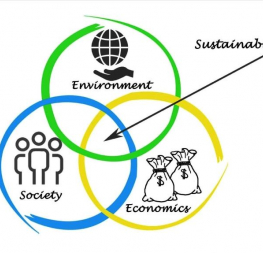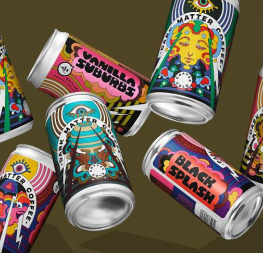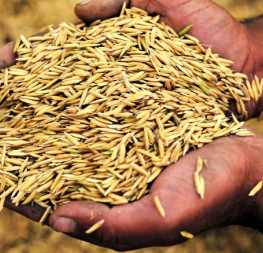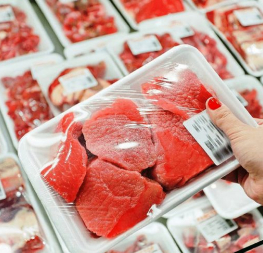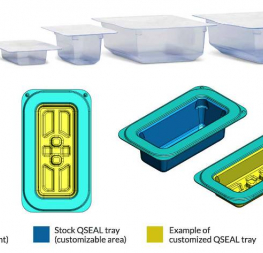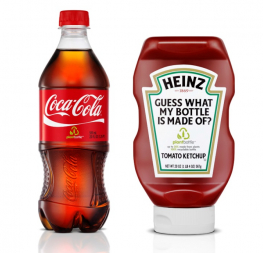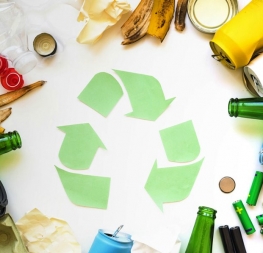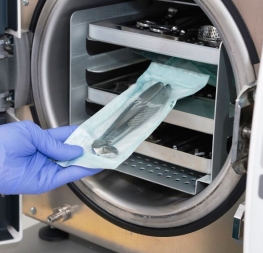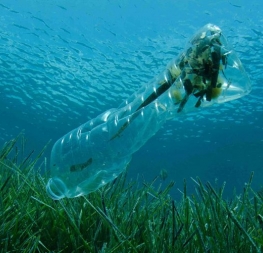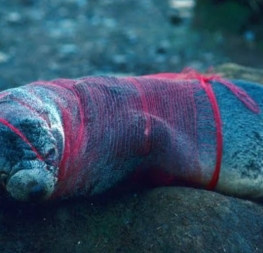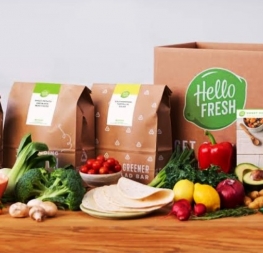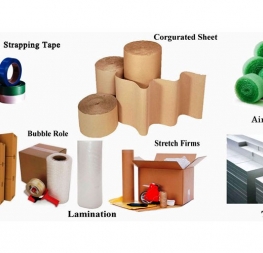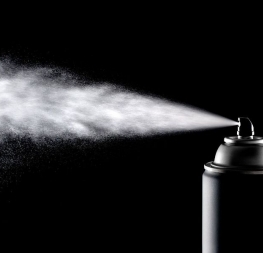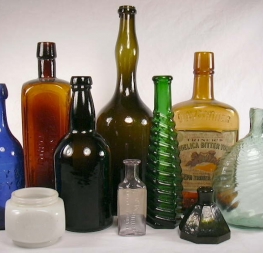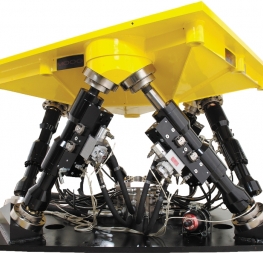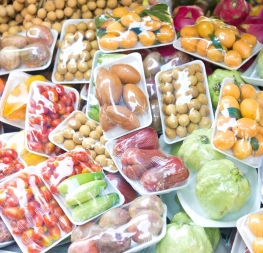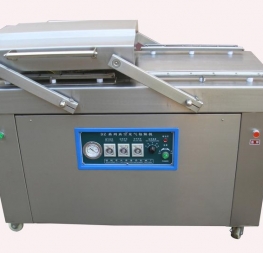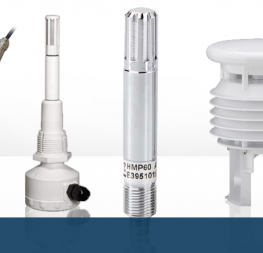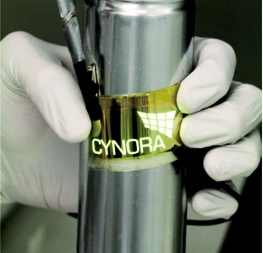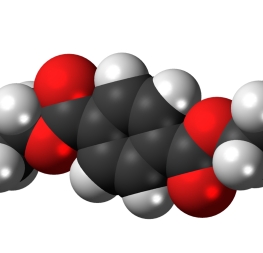Plastic production, like all chemical reactions, requires reactants. The reactants are often products of previous reactions. This series of reactions create a pathway towards one main product. In plastic production, certain pathways are more desired than others.
Plastic production, like all chemical reactions, requires reactants. The reactants are often products of previous reactions. This series of reactions create a pathway towards one main product. In plastic production, certain pathways are more desired than others. Sadly, most commonly known pathways involve petroleum-based reactants. In an effort to reduce or replace petroleum-based chemicals, companies such as Coca-Cola and DuPont are utilizing natural resources and researching new bio-based products. [3]
The most common polymer in use is PET, or Polyethylene Terephthalate. It is normally produced by a condensation reaction. Condensation reactions require an acid and base to produce a salt and water. This produces the polymer in an aqueous phase that is easy to separate. This process uses Ethylene Glycol and Terephthalic Acid. [1]
Normally the ethylene glycol used in the reaction comes from a byproduct of other reactions that use petroleum as their source. The alternate pathway in development is to use corn mash as a source for ethanol. The ethanol is used with sugar to produce ethylene glycol. This leaves only the Terephthalic Acid as a petroleum-based reactant. Research needs to be done to see if upscale production is feasible. With a growing market for bio-based products, the demand for bio-based ethanol products is great enough to another alternative to this is to make a new completely bio-based polymer. However, many problems arise when developing a new material for use in production.[2] The reaction pathway may require unconventional process conditions (high/low temperature or pressure). This will drive up daily utility costs for production. The reaction may require a special catalyst. In a lab scale, the amount of catalyst needed may be cheap, but once put to a full plant scale the cost can increase due to many factors. First, an increased demand for a uncommon catalyst may increase the cost. Second, the kinetics of the reaction may be negatively affected by the scale-up requiring more catalyst than expected. Extensive testing must be done to find material properties like melting viscosity glass and melting transition temperatures. These properties will determine operating conditions. All of these problems must be taken into consideration when transitioning from lab-scale synthesis to mass production. This transition takes time and funding. If the required operating conditions are more costly than other alternatives, months and even years of work will have been wasted.
The same can be said when trying to create a new material to replace currently used materials. To be a good replacement, the new material must have both a lower production cost and similar operating conditions. The quest to move the packaging market towards completely sustainable packaging is a great enough value on its own to merit the challenges. The packaging community must take every opportunity to create better more sustainable packaging. Ultimately, the loss of our planet trumps the loss of initial capital.
References
Donati, Gianni, and Renato Paludetto. "Scale up of Chemical Reactors." Catalysis Today 34.3-4 (1997): 483-533. Web. 24 Nov. 2015.
http://www.aidic.it/italiano/divisioni/process/processpublications/CT_1997-v34-4831.pdf
Ophardt, C. E. "Condensation Polymers." Condensation Polymers. Elmhurst College, 2003. Web. 24 Nov. 2015.
http://chemistry.elmhurst.edu/vchembook/402condensepolymers.html
"PEF Bottles." Avantium. Avantium, n.d. Web. 24 Nov. 2015. <http://avantium.com/yxy/products-applications/fdca/PEF-bottles.html>.
http://learn.eartheasy.com/2012/05/plastics-by-the-numbers/



